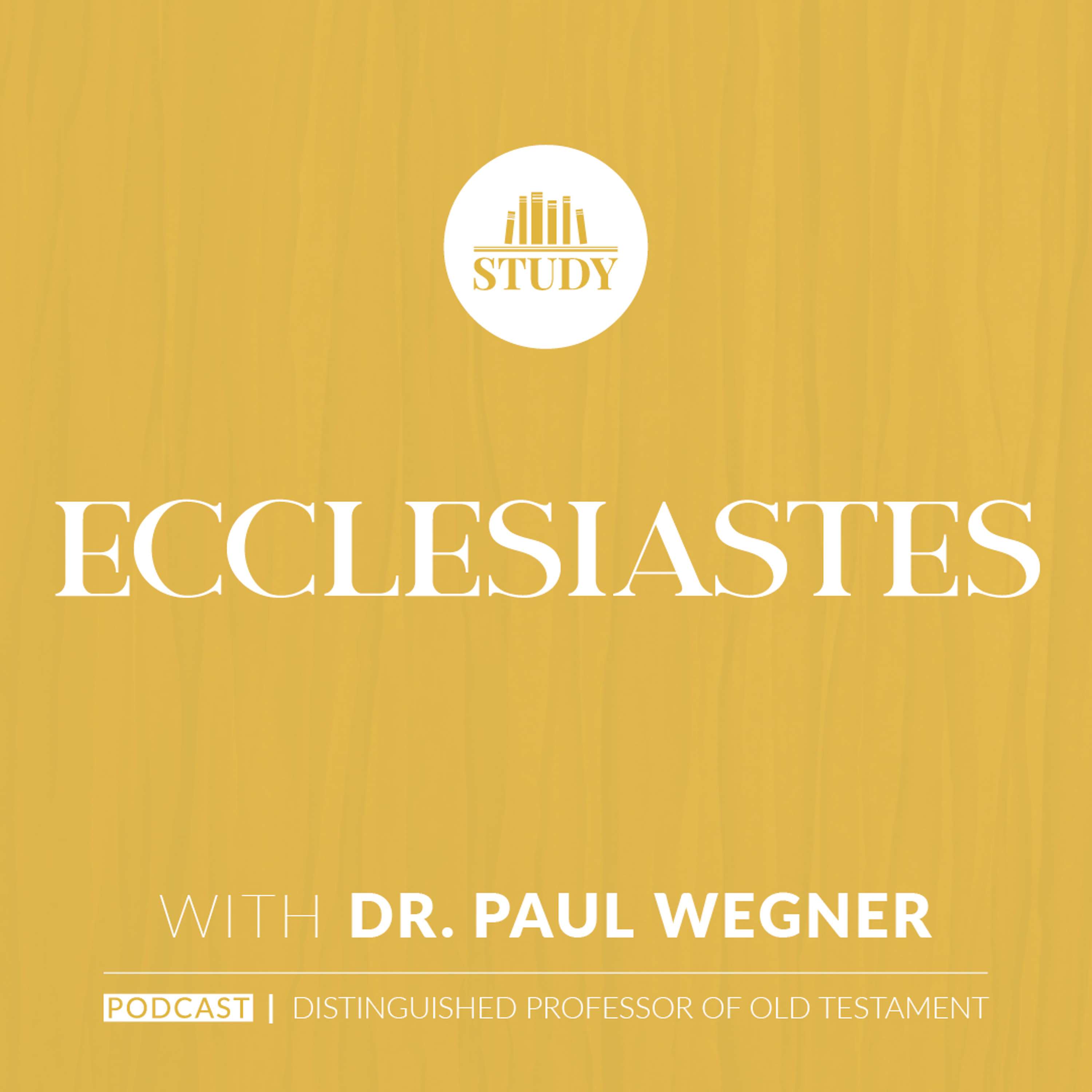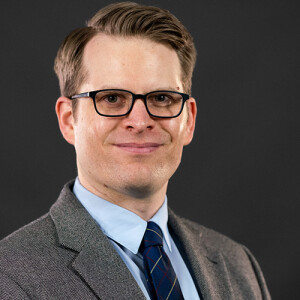My little church has about 75 or 80 attenders, about 35 members, and a Deaf ministry. Yes, I know, you normally see Deaf ministry in larger churches, but we have Derek Foddrill. Derek is a college student with a passion for the Deaf, has learned to interpret American Sign Language, and invites his friends who are Deaf to attend our worship. Our church is slowly learning to communicate with them.
The Coronavirus has most of us working at home, avoiding all gatherings, and trying to find simple ways to minister to and care for each other. At times like these, it can be easy to overlook those who are difficult for us to communicate with—and that certainly includes the Deaf. As your church moves to online programming, consider how you include those who can’t hear.
Closed Captioning. Adding captions to a video of your sermon is incredibly helpful. YouTube will caption the video for you, though it lacks punctuation and often makes errors. You can upload a written transcript of your video and YouTube will add it as subtitles. This gives you the advantage of making the language more accurate, but it may not always sync with the audio in the video. The most effective way to add captions on YouTube it edit the video, add subtitles and type in the words as you watch the video. After you have entered the words, YouTube allows you to adjust the box in which the subtitles appear to line up with the flow of the video. In addition to adding words spoken (or sung), adding special explanations in brackets (e.g., [piano plays softly]) gives the Deaf observer a better picture of what is happening on the video. A number of expensive programs that can add subtitles for you are available, but YouTube gives you an inexpensive way to do this.
Translation into American Sign Language. During your live online worship services or your recorded videos, adding a box with a person translating as you speak is even more helpful to the Deaf participant. The box should not take up more than about one-quarter of the screen. As with translation into any language, a good translator doesn’t just communicate the words said but translates the meaning. So, “raining cats and dogs” may be confusing to a Deaf person, but a good interpreter would simply sign “rain, rain, rain.” YouTube will also allow you to upload a file with interpretation onto a video. Just choose “American Sign Language” as the language you use for subtitles.
ASK. The biggest thing to keep in mind as you attempt to care for those who are Deaf in your church (or in your community) is that you need to ask them. Deaf members need to be included and considered as your church makes plans and implements ministries. They can tell you what is most helpful to them in studying Scripture, listening to a sermon, or having social or physical needs met. Email the Deaf members of your congregation with these questions or, even better, get a Deaf translator to get online with you on Zoom and have a conversation.
As you are seeking ways to care for those in your congregation, dealing with their fears, caring for their needs, and continuing their discipleship, don’t forget those that may be least able to communicate their needs. In many cases, that includes the Deaf community. Who knows? COVID-19 may give you the first opportunity to begin to truly care for Deaf persons around you.
Read More

“Faith is a tree known by its fruits”: The Gisle Johnson Project
The Gisle Johnson Project is a new research endeavor spearheaded by Robb Torseth

Excerpt — Towards a Clearer Understanding of Jonathan Edwards’s Biblical Typology: A Case Study in the ‘Blank Bible’
Dr. Cameron Schweitzer provides new insights into Jonathan Edwards’s often mischaracterized typology.
Listen
A Lifetime of Ministry
Minister Darren Logan joins Dr. Hopkins this week to speak on the effects of raising 8 children overseas and how it impacted their family. He also talks about the cultural differences in California even within the USA, and the importance of slowing down in your prepar

Wisdom Books | Ecclesiastes
A common misconception about the book of Ecclesiastes is that it is very pessimistic. In actual fact, there is great comfort throughout the book that while life without God is meaningless, there is great satisfaction found when we cling to the Lord, and only to Him.

Watch

Jonathan Edwards and the Asbury Revival
Chris Chun and Chris Woznicki discuss the signs of true revival, signs of the work of the Holy Spirit, and why it is important to critically assess the characteristics of revival in a spirit of charity.

Jonathan Edwards and the Baptists | Douglas Sweeney, Nathan Finn and Chris Chun
Dr. Douglas Sweeney and Dr. Nathan Finn joined Dr. Chris Chun for a panel discussion on Jonathan Edwards, recorded live at the SBC Annual Meeting in Anaheim.




